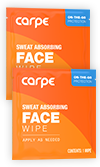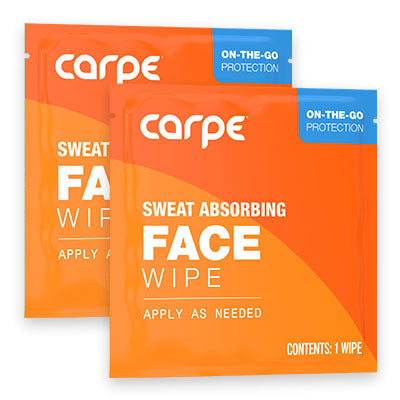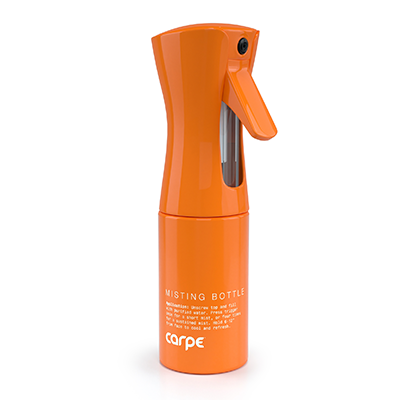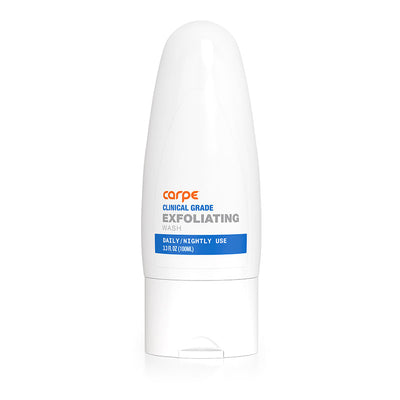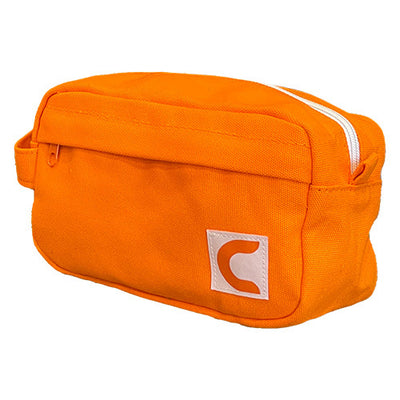Before delving into why you should or should not wipe your sweat off after a workout it is important to understand why humans sweat in the first place. Humans sweat for one vital reason: to dissipate heat and thus maintain internal thermoregulation.[1] Thermoregulation is the body’s way of regulating its internal temperature through certain physiological processes.[2] Sweating is the only automatic physiological response that allows humans to get rid of heat and cool down their bodies making it critical to survival, especially in climates with hot temperatures.[1]
The human body needs to be kept at a core temperature within the narrow range of 91.76 and 100.72 degrees fahrenheit. If the body’s temperature gets too high then cell toxicity occurs, DNA is unable to be synthesized, and organ failure will eventually occur. Thankfully, that is where sweating comes in. When a person is exposed to high heat thermoreceptors in the skin (heat sensing cells) send a message to a part of their brain called the hypothalamus. The hypothalamus is the part of the brain responsible for maintaining the correct body temperature. At this point, the hypothalamus activates sympathetic cholinergic fibers, which are a part of the sympathetic nervous system responsible for activating sweat glands. Before sweat is produced the body experiences something called vasodilation in which blood vessels begin to expand and liquid from the blood is transferred to sweat glands. Once the sweat glands are filled with sweat they begin to excrete it onto the surface of the skin. The liquid on the skin’s surface is then evaporated into the surrounding environment. When this happens, heat energy that was originally in the blood is carried into the sweat glands, onto the surface of the skin, and then away from the body when sweat is evaporated. That is how sweating allows the body to cool itself.[3]
All of this information relates to exercise because when you exercise your body’s internal temperature rises. That rise in temperature initiates the sweating response and your body produces more sweat as it tries to cool itself back down.[1]
Should I Wipe Off Sweat During a Workout?
The answer depends on your individual situation. If you want to maximize your body’s ability to cool itself off, then waiting a little while before wiping your sweat off is technically beneficial. However, if you sweat profusely during a workout and it is bothering you or impacting your work out than you should wipe it off. It isn’t really going to hurt you. According to an article in the Slate, each gram of sweat that is evaporated into the environment releases 2,427 joules of energy from the body. If sweat isn’t given the opportunity to evaporate then it won’t be able to release the heat from your body and cool you down. Then your body will theoretically have to sweat more to cool your core temperature, although this is not well studied at the moment.[4]
Some people suffer from a condition called primary focal hyperhidrosis in which the body produces sweat in excess of what the body needs for thermoregulation. Exercising can cause people with hyperhidrosis to become drenched in sweat so that it pulls off the body.[5] In this case, waiting to wipe off sweat isn’t really beneficial. If you are so soaked that sweat is pouring off your body then you aren’t getting the benefit of having sweat evaporate off your skin anyways.[4] Don’t be afraid to wipe sweat off if it is distracting you during a workout or causing you to feel uncomfortable.
It is important to note that showering after a workout is often a good idea. While sweat itself is clear and odorless, bacteria on the skin break it down over time and create a foul smelling odor.[6] This is especially important for people who have a condition called bromhidrosis in which sweat becomes especially stinky.
It is interesting to note that athletes tend to sweat more and sooner than people who exercise less frequently. Their bodies begin to lower their internal temperatures before hitting the intense part of a workout which allows them to exercise more intensely and for a longer period of time before the effects of high body temperature slow them down. It is one of the ways the body can adapt to physical challenges. It is just important to remember that if you are sweating more than it is important to replace the water and electrolytes your body is losing after an intense workout.[7]
In the end, you shouldn't sweat it. If you don’t need to wipe your sweat off, then don’t. If it is bothering you, though, wipe it off and don’t worry about it!
Sources
- Shibasak, M., & Crandall, C. G. (2010). Mechanisms and controllers of eccrine sweating in humans. Front Biosci (Schol Ed), 292-296. Retrieved May 7, 2019, from https://www.ncbi.nlm.nih.gov/pmc/articles/PMC2866164/.
- Thermoregulation. (n.d.). Retrieved May 8, 2019, from https://www.britannica.com/science/thermoregulation
- Tansey, E. A., & Johnson, C. D. (2015). Recent advances in thermoregulation. American Physiological Society. Retrieved May 8, 2019, from https://physiology.org/doi/full/10.1152/advan.00126.2014
- Palmer, B. (2012, June 22). Let Them See You Sweat. The Slate. Retrieved May 8, 2019, from https://slate.com/technology/2012/06/should-you-wipe-away-your-sweat-or-does-that-keep-you-from-cooling-down
- Pariser, D. M. (2014). Hyperhidrosis (4th ed., Vol. 32). Philadelphia, PA: Elsevier.
- Huddle, J. R. (2014). Hyperhidrosis: Causes, Treatment Options and Outcomes. New York, NY: Nova Science.
- Boston, G. (2015, August 20). Sweat during exercise is good for your health. The Star. Retrieved May 8, 2019, from https://www.thestar.com/life/health_wellness/2015/08/20/sweat-during-exercise-is-good-for-your-health




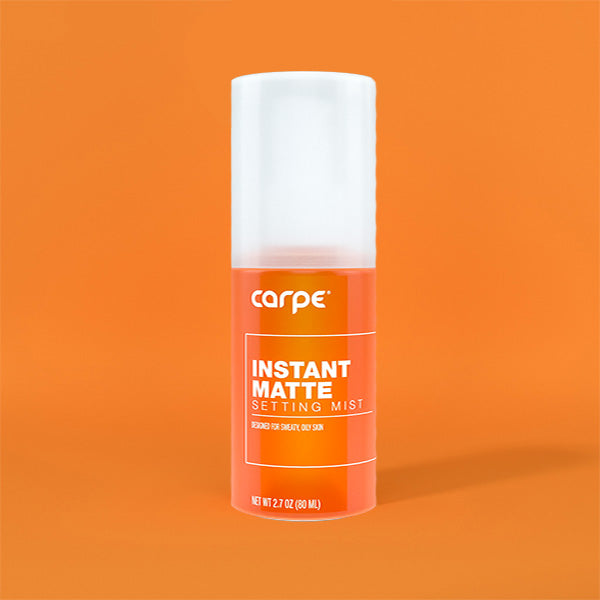

16790753702383.jpg?v=1679075372)

16790746985853.jpg?v=1679074700)


16790757289763.jpg?v=1679075731)






